 As seen on SleepDallas.com…
As seen on SleepDallas.com…
A decrease in sleep, increases your appetite… and ultimately, your weight.
Ironically in dreamland, we are all our ideal size. Weight issues are non-existent. We don’t have to follow some low-carb diet. There is no working up a sweat running on a treadmill for hours. No need for herbal supplements or any magical pills. We just fall asleep and voila – we are instantly thinner.
Studies have shown that there certainly is a correlation between good health and good sleep. People with sleep deficiencies have distorted quantities of a hormone that has been identified in controlling hunger. This creates an amplified appetite and increases your preference for high calorie foods.
There is an abundance of physical consequences evident when your body lacks sleep. Sleep loss affects your mood, your appetite and your hormones. You’re inclined to desire comfort food when you are tired and it’s more probable that you will indulge your craving for them. You’ll grab for the chips, chocolate and candy rather than choosing carrot sticks.
Even though it may feel like you have a boost in your energy level, you will find yourself hungry more frequently. Your hunger isn’t the real problem; your sleepiness is. That will result in you not just making bad food choices but making frequent bad choices.
For a lot of people, emotional eating is triggered when you are tired. This is because you’re less resistant to stress and stress leads to eating. Also, people will use food as a means to stay awake. Again, your body is craving sleep, not food, but in your sleepy state, you fail to recognize this.
Visit Great Lakes Family Dental today and schedule an appointment to find out what kind of treatment your teeth needs to be healthier and to look better. Call 317-841-1111 or www.smilesbygeorge.com.
Great Lakes Family Dental proudly serves Indianapolis and all surrounding areas.

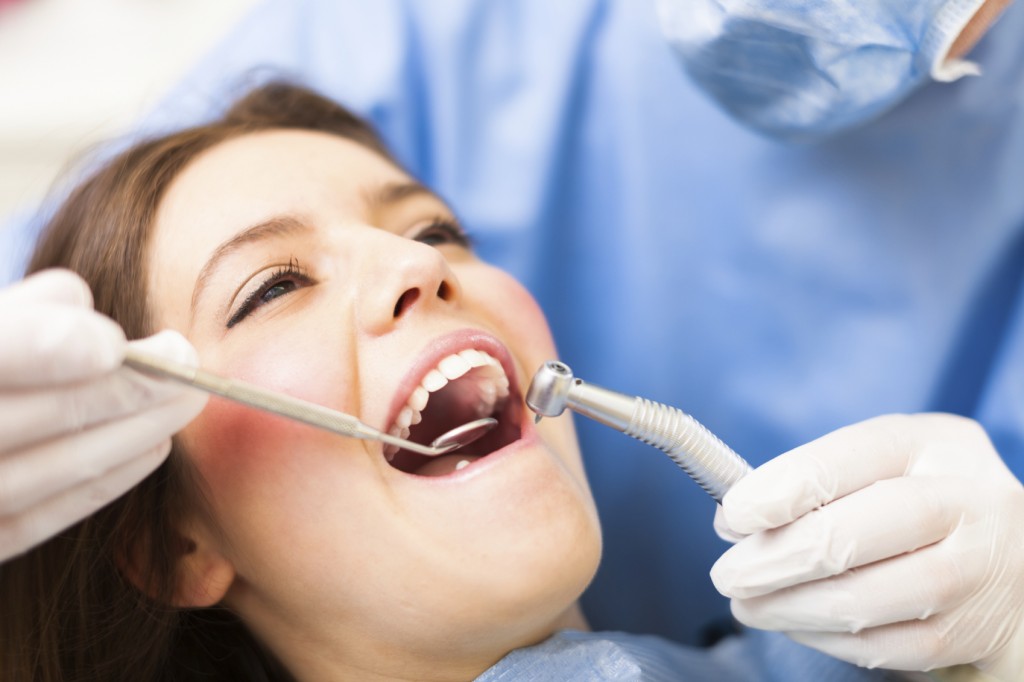 We know that our dental visits help ensure that we continue to have a healthy mouth and bright smile. But if you have never been to the dentist, these
We know that our dental visits help ensure that we continue to have a healthy mouth and bright smile. But if you have never been to the dentist, these 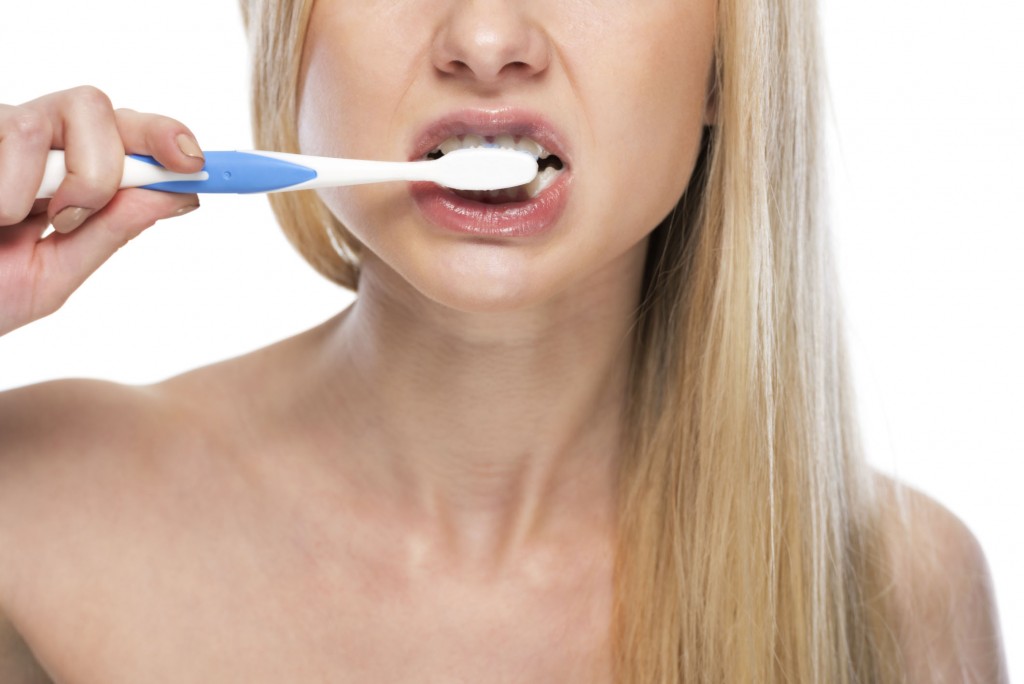 When we have the chance to improve your smile with
When we have the chance to improve your smile with 
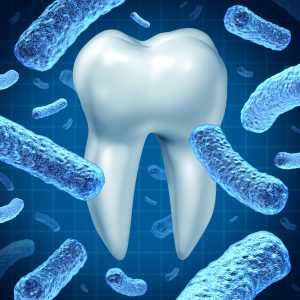
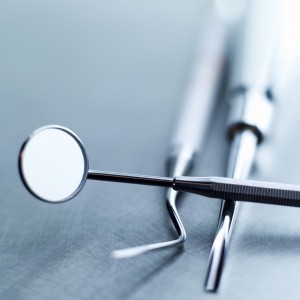
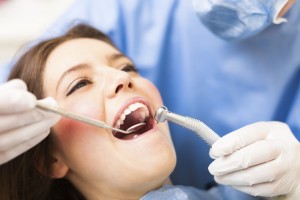 It will always be a nerve-wracking time preparing to see any sort of health professional. As adults, we seem to try dodging these appointments whenever possible. You aren’t exactly sure why, you just know you don’t want to go. For many, the thought of the unknown is the worst part about these meetings. So after years of deflecting the inevitable, don’t you want to understand why?
It will always be a nerve-wracking time preparing to see any sort of health professional. As adults, we seem to try dodging these appointments whenever possible. You aren’t exactly sure why, you just know you don’t want to go. For many, the thought of the unknown is the worst part about these meetings. So after years of deflecting the inevitable, don’t you want to understand why?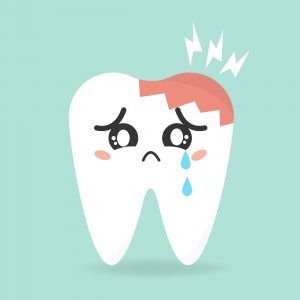 There are lots of
There are lots of 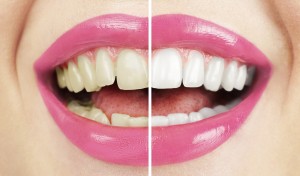 We call them pearly whites. The more brilliant your teeth, the better your smile looks. The problem with white teeth really lies in the degree you take your oral hygiene. You can brush & floss every day, but your teeth may not keep its natural sheen. You can make appointments with your dental professional to have
We call them pearly whites. The more brilliant your teeth, the better your smile looks. The problem with white teeth really lies in the degree you take your oral hygiene. You can brush & floss every day, but your teeth may not keep its natural sheen. You can make appointments with your dental professional to have 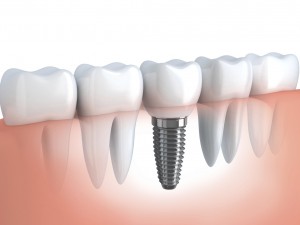 You never thought it could happen, but your dentist tells you that you need dental implants. What exactly does that entail? A
You never thought it could happen, but your dentist tells you that you need dental implants. What exactly does that entail? A